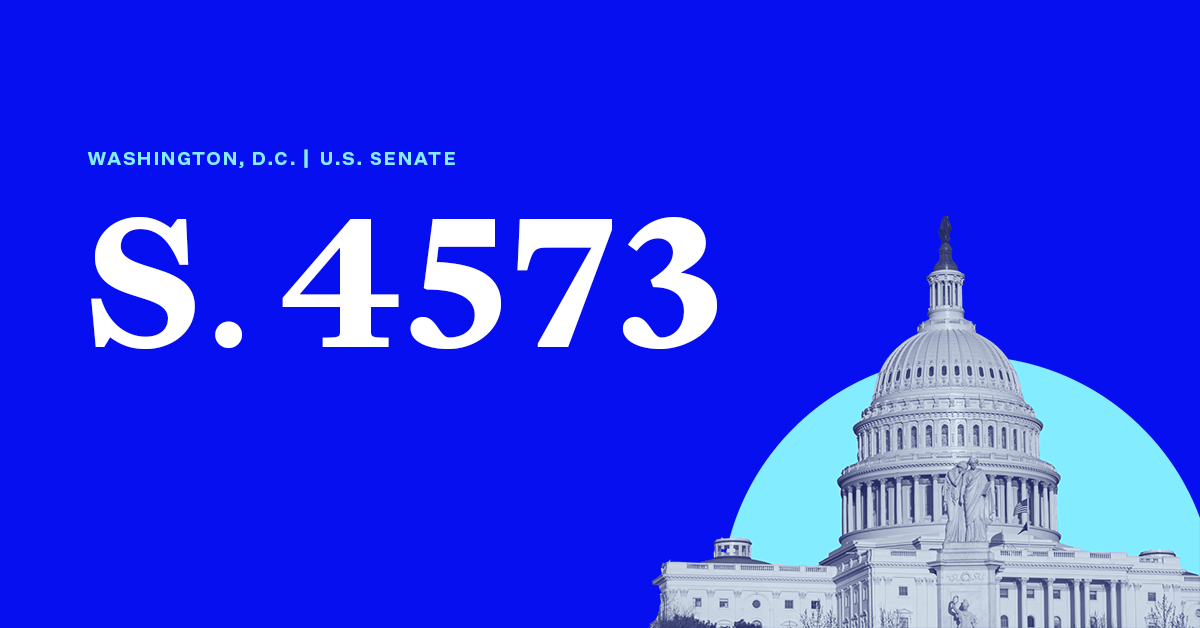Senators Announce Electoral Count Reform Act of 2022
By Andy CraigThe Senate’s bipartisan working group on election law reforms, led by Sen. Susan Collins (R‑ME) and Joe Manchin (D‑WV), today unveiled their long‐awaited deal on a variety of issues including the Electoral Count Act, the law at the center of the casting and counting of Electoral College votes every four years.
In addition to Collins and Manchin, the working group also includes Rob Portman (R‑OH), Kyrsten Sinema (D‑AZ), Mitt Romney (R‑UT), Jeanne Shaheen (D‑NH), Lisa Murkowski (R‑AK), Mark Warner (D‑VA), Thom Tillis (R‑NC), Chris Murphy (D‑CT), Shelley Moore Capito (R‑WV), Ben Cardin (D‑MD), Todd Young (R‑IN), Chris c00ns (D‑DE), Ben Sasse (R‑NE), and Lindsey Graham (R‑SC).
At Cato, my colleagues and I have been working on the Electoral Count Act, including analysis of particular provisions, meetings with policymakers, and a recent policy analysis outlining our overall conclusions and providing a model template with a section by section set of recommendations.
From the description released, the proposed “Electoral Count Reform Act of 2022″ covers the most important points, and reflects broad consensus among the scholars and organizations across the political spectrum. These changes include a process for ensuring only a single conclusive set of votes is sent by each state, expedited judicial review by a three‐judge panel to handle possible rogue state officials, a higher threshold to raise objections in Congress, and clarifying the “failed elections” provision to ensure that it only covers extreme natural disasters. Between concerns that this bill would be too narrow and only make cosmetic changes at the behest of Republicans, versus prior Democratic plans that went too far and were overcomplicated, this announcement strikes a happy medium: a bill that is broad in scope but simple and conservative in substance.
The status quo Electoral Count Act, as we saw in 2020, is a ticking time bomb and an invitation to a constitutional crisis. This announcement is a major step forward in fixing that problem. It should be a top priority for every member of Congress who takes seriously their oath to defend the Constitution.


